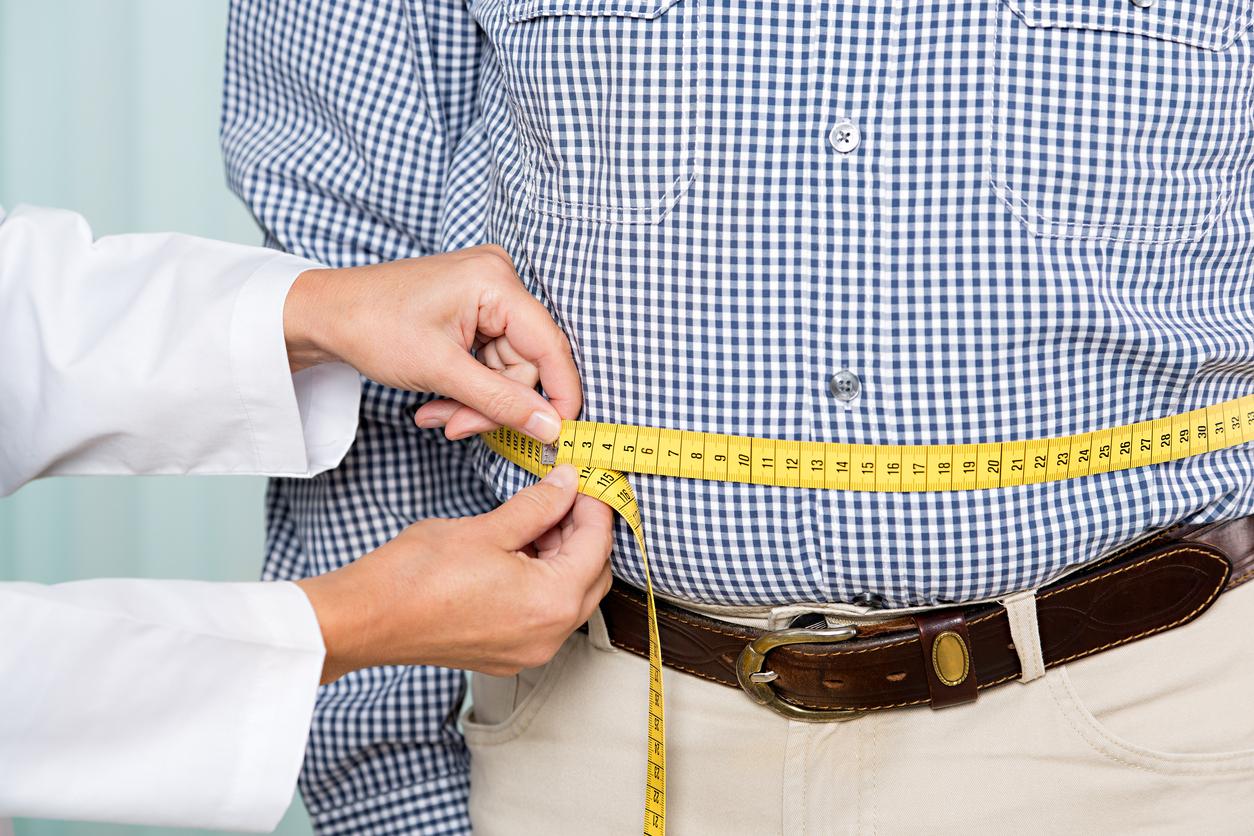Britons eating 50% more calories than they realise, reveals study
Analysis finds people are eating the equivalent of extra Big Mac a day

Your support helps us to tell the story
From reproductive rights to climate change to Big Tech, The Independent is on the ground when the story is developing. Whether it's investigating the financials of Elon Musk's pro-Trump PAC or producing our latest documentary, 'The A Word', which shines a light on the American women fighting for reproductive rights, we know how important it is to parse out the facts from the messaging.
At such a critical moment in US history, we need reporters on the ground. Your donation allows us to keep sending journalists to speak to both sides of the story.
The Independent is trusted by Americans across the entire political spectrum. And unlike many other quality news outlets, we choose not to lock Americans out of our reporting and analysis with paywalls. We believe quality journalism should be available to everyone, paid for by those who can afford it.
Your support makes all the difference.Britons are consuming 50 per cent more calories than they think they are, according to new research from the Office for National Statistics.
Men typically consume 1,000 more calories a day than they believe and women eat roughly 800 extra calories more, with estimates becoming less reliable the more people eat, the study showed.
Analysis of the National Diet and Nutrition survey revealed 79 per cent of the 4,500 respondents claimed to be eating less than the requirement for their age and sex.
It found people are eating the equivalent of an extra Big Mac a day, with men consuming 3,119 calories and not the 2,065 they claim. Women consumed 2,393 calories instead of 1,570.
The study followed 200 people using the “gold standard” monitoring technique for calorie intake.
Researchers used the doubly labelled water (DLW) method which requires participants to drink water with isotopes of hydrogen and oxygen inside, allowing for a more precise analysis of energy expenditure over 24 hours.
Overall, the study found self-reported calorie estimates were 32 per cent lower than DLW measures.
It comes as Public Health England (PHE) demands a “calorie-cap” on supermarket ready meals and fast food dishes.
The suggested ruling, which may come into effect in March, would limit breakfasts to 400 calories and lunches and dinners to 600 each.
The plan is intended to combat rising levels of obesity in the UK, with the latest NHS figures showing more than half of the British population as overweight or obese – 65 per cent of men and 58 per cent of women.
Subscribe to Independent Premium to bookmark this article
Want to bookmark your favourite articles and stories to read or reference later? Start your Independent Premium subscription today.
Join our commenting forum
Join thought-provoking conversations, follow other Independent readers and see their replies
Comments